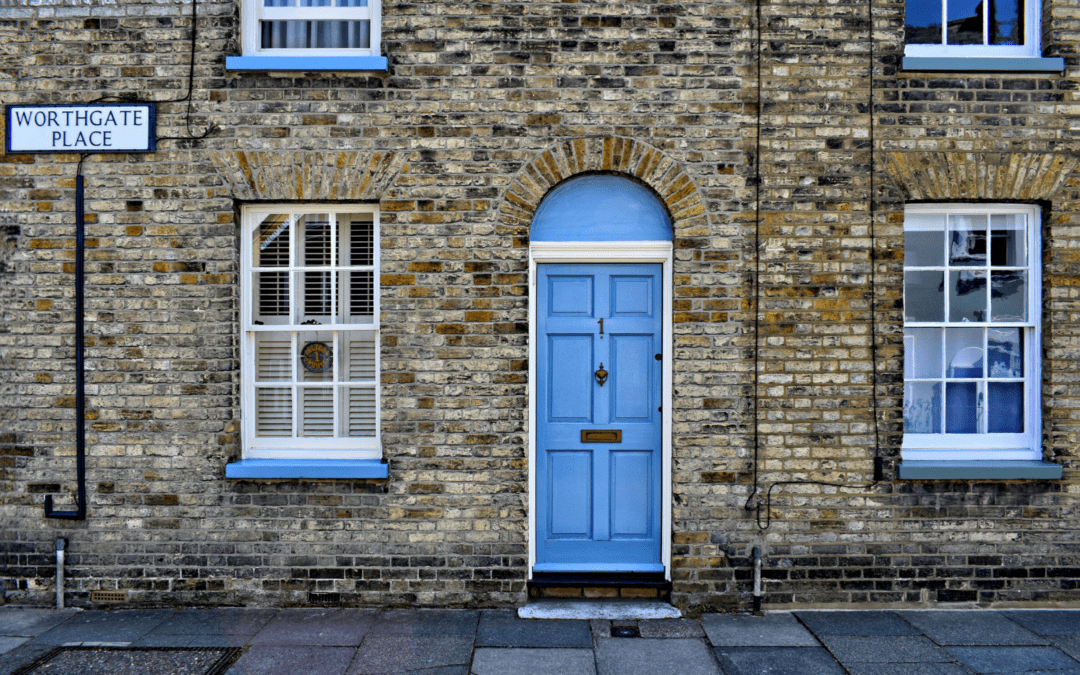If you’ve never applied for a mortgage before, it can be difficult to know where to start when you’re unfamiliar with the process. Our step-by-step guide from our partners at L&C is designed to help you navigate the process with ease.
From learning how to budget, to checking your credit history and saving for a deposit, these tips will stand you in good stead to choose the right mortgage deal.
Budgeting
Start your mortgage journey by establishing a budget. Understanding how much you can afford to spend on your monthly mortgage payments is crucial.
Analyse your bank statements and assess your income and expenses accurately, including any current financial commitments. Use an income-based calculator to estimate the mortgage size that suits your income and financial goals.
Here at OnTheMarket, you can also use our mortgage calculator when viewing properties for sale to get a better understanding of how much a mortgage may cost for a property.
Assess your credit history
To evaluate your financial responsibility, lenders need to assess your credit history. They’ll obtain a copy of your credit report from reputable credit reference agencies like CallCredit, Experian, or Equifax for example.
Review your credit history before applying for a mortgage to identify any potential issues that may affect your chances of being accepted. For example, close any unused credit card accounts that may negatively impact your credit score. In addition, simple steps like registering on the electoral roll can also enhance your rating.
How much of a deposit do you have?
Your deposit size significantly influences the mortgages you can apply for. To qualify for a mortgage, you’ll typically need a minimum deposit of 5% of the property value. Keep in mind that additional costs like stamp duty and conveyancing fees should be taken into account when planning how much money you need to save.
Saving a larger deposit not only widens your mortgage options but also grants access to better interest rates, so prioritise saving up as much as possible if you can.
Get a Mortgage in Principle
Before submitting a full mortgage application, it’s a good idea to get a Mortgage in Principle (MIP) from a lender. This gives you an idea of the mortgage amount they may be willing offer you.
To get an MIP, you’ll need to supply basic information such as income and desired loan amount and the lender will conduct a credit search through a credit reference agency. Remember, an MIP is not a guarantee of mortgage approval but strengthens your credibility as a serious buyer.
Choosing the right mortgage
When it comes to choosing the right mortgage for you, carefully consider the type of mortgage deal that suits your requirements. Fixed-rate mortgages offer stability with consistent monthly payments, whilst flexible deals enable substantial overpayments.
A mortgage broker can guide you through the available options based on your unique circumstances and they’ll also support you throughout the application process, ensuring a smooth experience from start to finish.
Organise your paperwork ahead of time
To speed up your mortgage application, prepare all necessary paperwork in advance.
Lenders typically require proof of income and outgoings, including childcare costs and utility bills. Gather recent payslips, or annual accounts if you’re self-employed, as well as bank statements reflecting your monthly expenses. Remember to also prepare photo identification such as your passport or driving license as well as recent utility or council tax bills for verification of your address.
Remember to think carefully before securing other debts against your home. Your home or property may be repossessed if you do not keep up repayments on your mortgage.
Content provided by OnTheMarket.com is for information purposes only. Independent and professional advice should be taken before buying, selling, letting or renting property, or buying financial products.






